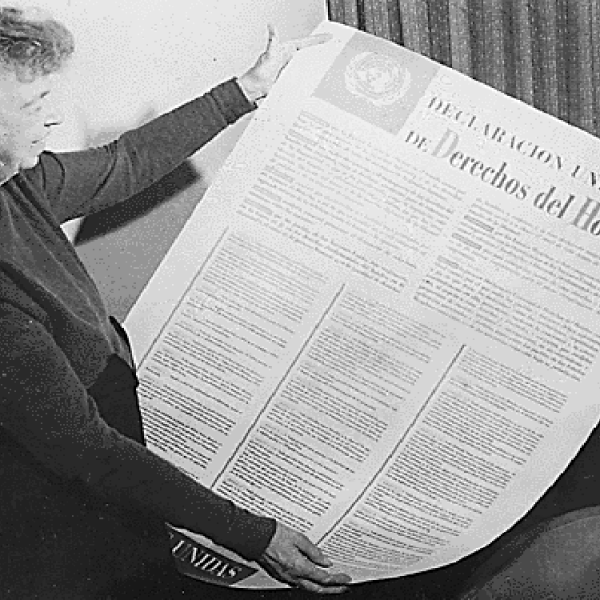What SUP From Your Favorite University Presses, October 17, 2014
Welcome to our weekly roundup of news from university presses! Once again, there is a lot to share this week from our fellow academic publishing houses and much to learn on What SUP at the social university presses. This week, we considered presidential approaches to human rights, learned about current anaesthesia practices, and remembered the Free Speech Movement.
Columbia University Press explored the future of food with Hervé This and Note-by-Note Cooking. The interview introduces a technique based on an a new approach to ingredients.
Harvard University Press contrasted Barack Obama’s and Jimmy Carter’s approaches to human rights with Barbara Keys, author of Reclaiming American Virtue. As Keys puts it, “the difference . . . has much to do with the legacy of the Vietnam War.”
New York University Press combined religious and social history with a study of four historically significant Christian congregations. The focus on individual communities aims to avoid the generalizations that surround denominations and movements.
Oxford University Press celebrated World Anaesthesia Day with a selection of podcasts from the British Journal of Anaesthesia. The episodes cover a variety of topics from accidental awareness to needle phobia.
Stanford University Press sketched out the personalities of seven influential contemporary writers with the help of Michael Krasny, host of NPR’s Forum. Portraits include Joan Didion, Colson Whitehead, and Jonathan Safran Foer.
Temple University Press reminded readers that the myth of self-invention can make it appears that the structures of privilege no longer exist. Allan Johnson, author of The Gender Knot and The Forest and the Trees, repeats the call for active engagement.
The University of California Press marked the 50th anniversary of the Free Speech Movement with a slideshow and video clip of Mario Savio’s famous “Machine Speech.”
The University of Pennsylvania Press shed light on agriculture and the place of food in Chinese society through a Q&A with E.N. Anderson, author of Food and Environment in Early and Medieval China.


























